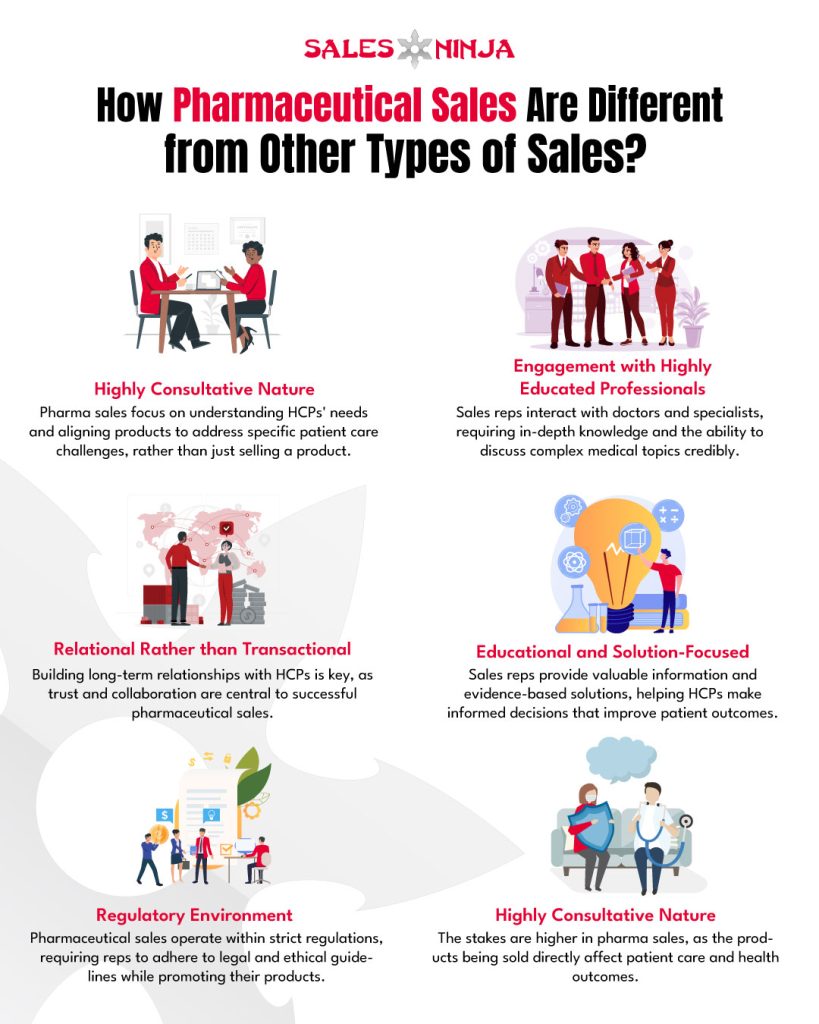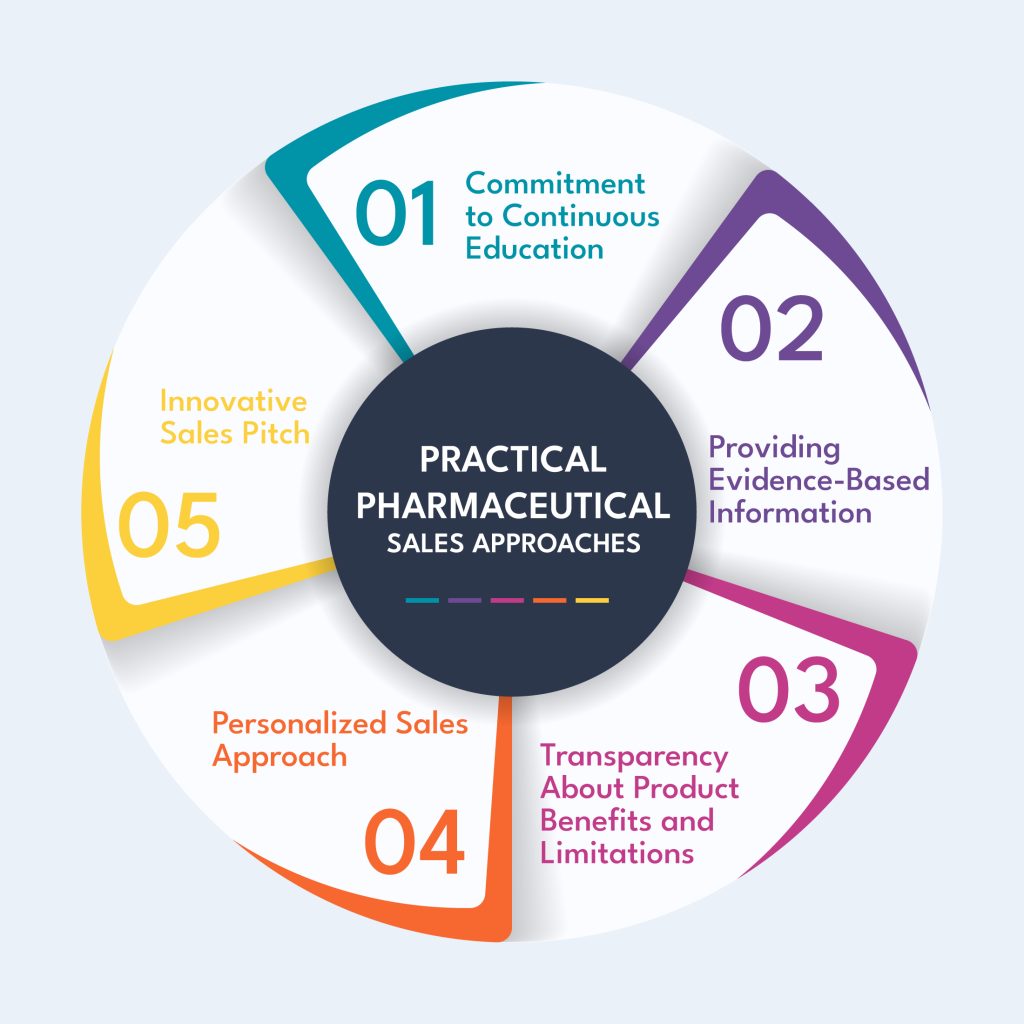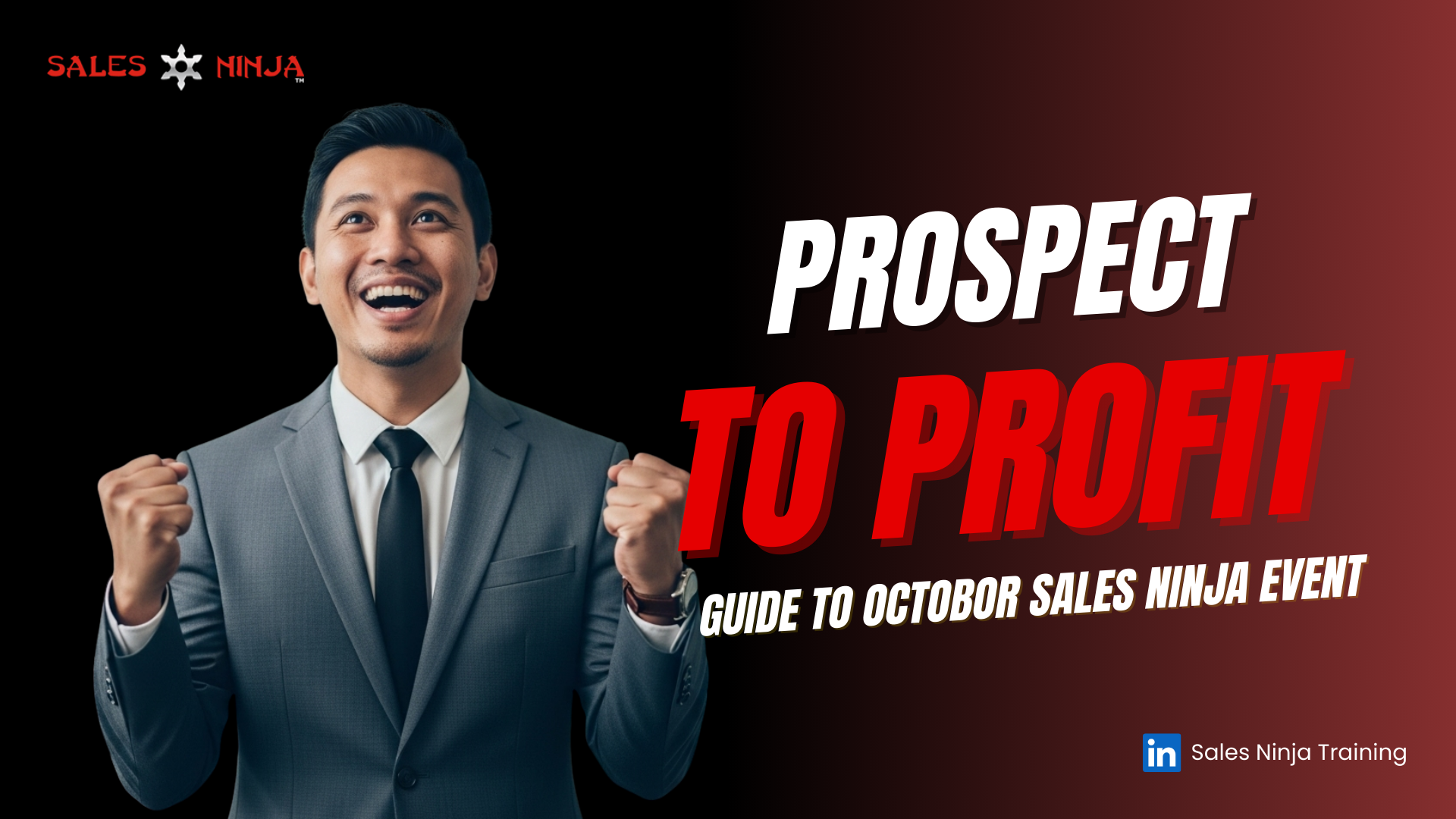A rising number of healthcare professionals across a range of specialties are opting to go no-see, limiting or refusing access to sales professionals in the pharmaceutical industry.
According to a Decision Resources Group report from 2019, just 50% of doctors still routinely meet face-to-face with sales personnel. In addition, 39% of doctors reported in the same study that they had not spoken to a sales representative in the previous six months. The COVID-19 pandemic is often blamed for this. However, research indicates that connections between pharmaceutical representatives and healthcare professionals (HCPs) were already waning prior to the outbreak of the virus.
This raises the question: have healthcare professionals (HCPs) cut back on spending time with sales reps simply because of busy schedules? Or have they intentionally shied away from decades of insufficient contact with sales reps?
In actuality, HCPs’ views of sales reps have changed over time due to industry norms and past experiences. To change this perception, the pharmaceutical industry needs a transformation in its sales approach. This means cultivating sales professionals who are not only knowledgeable but also powerful in their roles.
Pharmaceutical sales are different from other kinds of sales
Pharma sales require deep knowledge of medical conditions and how products can meet specific needs. Salespeople need to understand the product and its medical basis to match healthcare professionals’ needs for patient care. They do require the ability to sell in the traditional sense but in a highly consultative manner.
It’s a little more complicated of a sale than traditional sales. Sales professionals routinely interact with doctors, pharmacists, and other healthcare providers. They are highly educated and often skeptical, so sales reps must be well-prepared, knowledgeable, and able to discuss complex medical topics effectively. The interaction is not just about selling. However, they are educating and informing these professionals about the latest developments in pharmaceuticals.
For example, updates on new drugs, changes in treatment protocols, and patient management strategies. This educational aspect is vital in helping doctors make informed decisions about prescribing. It’s about providing solutions rather than just products.
Pharmaceutical sales are also heavily regulated. Representatives must stay within strict guidelines. What they can say about their products, ensuring all information is accurate, not misleading, and compliant with the law. This adds another layer of complexity to their role, far beyond what is typical in other sales fields.
Ultimately, the products sold by pharmaceutical reps directly affect the health and well-being of patients. This adds a significant ethical dimension and responsibility to their role.
These elements make pharmaceutical sales a unique and challenging field, requiring a blend of sales acumen, medical knowledge, ethical considerations, and interpersonal skills. Thus, it makes sense that the pharmaceutical sector requires a strong sales professional.
Now let’s go back to that point —the growing trend of healthcare professionals (HCPs) opting to limit or refuse interactions with pharmaceutical sales representatives.
The Root Causes
It can be traced back to several key factors. The inefficiency of conventional sales techniques, which have not changed to satisfy the evolving demands and expectations of HCPs, is at the heart of this change.
Many healthcare professionals (HCPs) have become increasingly doubtful about the value of pharmaceutical sales professionals. Largely because the way they engage feels outdated. These interactions often consist of the sales professionals delivering a scripted pitch, packed with product details, and then quickly asking the doctor to start prescribing the medication. For instance, a sales rep might begin by saying,
“Doctor, I’d like to share some information about [Product X].” What follows is a rehearsed list of features and benefits, with little room for the doctor to discuss their specific needs. The conversation usually ends with the rep asking the doctor to prescribe the product to several patients.
This one-directional, transactional approach fails to address the physician’s specific needs, patient population, prescribing patterns, or the complexities of patient care. And, this mismatch between what sales professionals offer and what HCPs expect has significant implications for the pharmaceutical industry. It hampers sales performance. Additionally, delays the adoption of innovative treatments that could benefit patients. The perception that sales professionals are more focused on pushing products than understanding the real needs of HCPs has further eroded trust in these interactions.
The Need for Adaptation in Sales Strategies
To begin bridging this gap, pharmaceutical sales professionals must reimagine their sales approach for this evolving Pharmaceutical Industry. Because, this industry needs skilled, powerful, and effective sales professionals who can overcome traditional pharmaceutical sales challenges and adopt strategies that resonate with HCPs. This means shifting from a product-centric approach to one that is genuinely customer-focused. And understanding the unique challenges HCPs face, and providing solutions that align with their goals and patient care priorities. Here’s how you can do it:
Best Practices
Practical Pharmaceutical Sales Approaches
- Commitment to Continuous Education
- Providing Evidence-Based Information
- Transparency About Product Benefits and Limitations
- Personalized Sales Approach
- Innovative Sales Pitch
-
Commit to Continuous Education
Make it a habit to regularly update yourself on the latest developments in your field. Instead of just focusing on product details, engage HCPs in conversations about broader healthcare trends and challenges that are relevant to their practice.
-
Provide Evidence-Based Information
HCPs make decisions based on solid evidence. So your sales conversations should be grounded in data and research that directly applies to their practice. Rather than pushing product features, show how your product can address specific patient needs with credible evidence to back it up.
-
Be Transparent About Product Benefits and Limitations
During your meetings, openly discuss any potential side effects or limitations of your product. This honesty will help you build credibility and position yourself as a trustworthy partner.
-
Personalize Your Sales Approach
Before meeting with an HCP, research their practice and patient demographics. Personalize your pitch to address how your product can meet the specific needs of their patients and improve treatment outcomes.
-
Innovate the Sales Pitch
To overcome the “no-see” trend, it’s crucial to innovate. Utilize new technologies and creative approaches to make your interactions more engaging and relevant. This can help you stand out and maintain strong relationships even with limited face-to-face opportunities.
Consider integrating digital tools into your sales strategy. For example, virtual meetings with interactive presentations can be used to engage HCPs. This makes the experience more dynamic.
Future of Sales in the Pharmaceutical Industry
Pharmaceutical sales professionals are set to undergo a significant transformation in their roles in the coming years. The industry is shifting away from traditional sales tactics, and the future will demand professionals who are not only knowledgeable but also adaptable and forward-thinking. To thrive in this new landscape, sales reps must evolve from product pushers into trusted advisors who offer real value to healthcare professionals (HCPs).
As the healthcare environment becomes more complex, the need for strong, adaptable sales professionals has never been greater. Those who succeed will be the ones who can anticipate changes, leverage new technologies, and align their strategies with the evolving needs of HCPs. This requires a commitment to continuous education, a deep understanding of patient care priorities, and the ability to build long-term, trust-based relationships.
At Sales Ninja, we are committed to empowering pharmaceutical sales professionals with the skills and knowledge they need to excel in this evolving industry. We design our training programs to help sales teams redefine their roles, enhance their value to HCPs, and ultimately drive better patient outcomes.
If you’re in the pharmaceutical sales industry and want to equip your team with the best training available, Sales Ninja is here to support you. Connect with our training solution manager or visit our website to discover how we can help your team succeed in the future of pharmaceutical sales.







